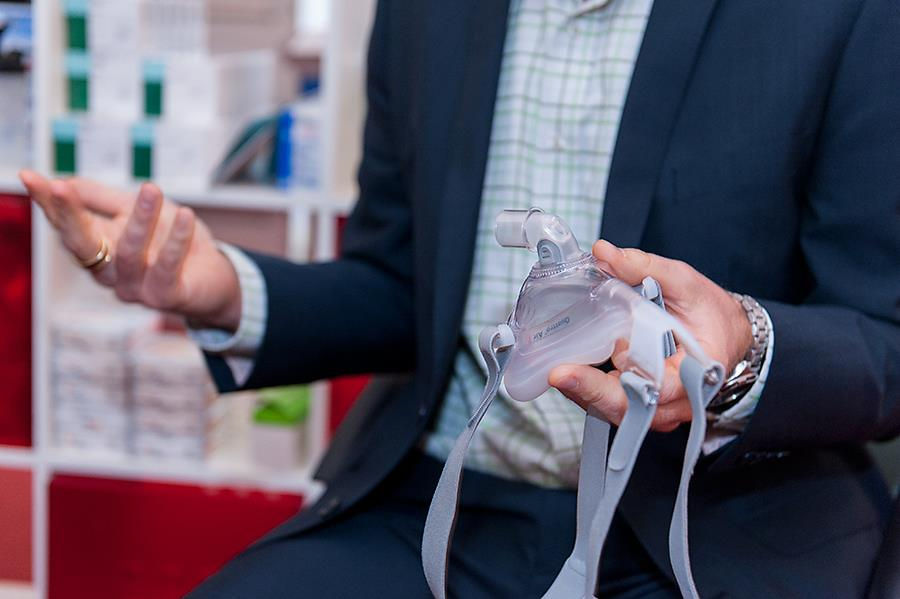OK. What other options do I have?We at Sleep Health Group are big fans of CPAP therapy. When it comes to treatment of obstructive sleep apnea (OSA), particularly severe OSA, CPAP therapy is effective, comfortable, quiet and able to be tried without great expense. However, it’s also a bit ungainly, unattractive, expensive to buy and requires electricity to operate. And while we love it, we appreciate that our love is not universally shared by people who try this treatment for their sleep apnea. In fact, around 30% of our patients with severe OSA end up not using CPAP therapy at all. Recently we listened to a talk given by Professor David White, from Harvard, who was in Australia for Sleep Downunder 2018. Dr White is an expert in OSA ‘phenotypes’. In this particular talk he explained that while individuals with OSA are similar in important ways, there are also significant differences between individuals with regard to the cause and the impact of their OSA. While everyone with OSA has some degree of physical narrowing of their upper airway, individuals vary greatly with regards to the degree of that narrowing. Furthermore, individuals vary with regard to how the breathing centres in their brain respond to subtle changes on oxygen and carbon dioxide levels. These differences can complicate OSA and make it worse. Individuals also differ with regard to how much their sleep is disturbed by their OSA as well as by how floppy their tongue and throat muscles become while they are asleep. Understanding these differences better may help us develop and use different, more effective and even simpler treatments for selected individuals. So, it may be the case that for some people with OSA we need treatments that help stabilise the breathing-control centres in the brain, while for some we need treatment that helps reduce the tendency to arouse from sleep so that their sleep is not upset by their OSA. For some people it might be very helpful to treat with ways that keep the tongue muscles tighter at night. With regards to this last group, Dr White reminded us of some very interesting research that was published about 5 years ago and which is resulting in the development of medications that may have a role to play in treatment of OSA. As a consequence of recognising two different pathways by which tongue muscles lose tone (or relax) at night time, researchers have demonstrated that a combination of two medications which counteract these pathways can dramatically reduce the severity of OSA on one night. While this research is still a few years away from impacting on treatment of OSA it does challenge our very simplistic current paradigm for treating OSA. Maybe a day is coming when we will be able to offer some people a tablet to treat their obstructive sleep apnea.
Tongue tightening tablets for obstructive sleep apnea?



